Tessa Thompson on Bianca’s journey in Creed 3: "She’s at the heart of these films"
Exclusive: Tessa Thompson talks filmmaking, representation, and returning to Bianca in Creed 3
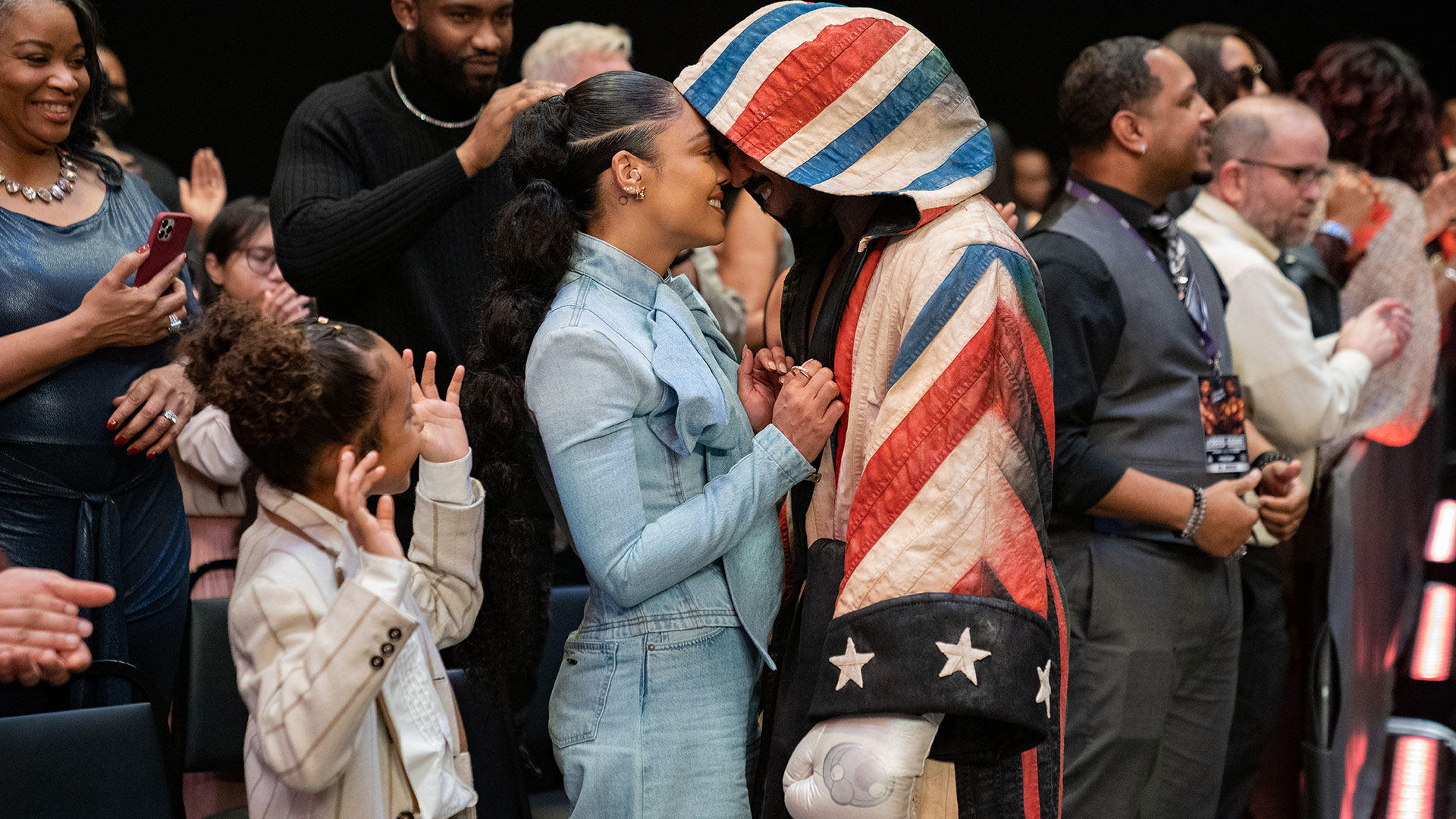
In Creed 3, Tessa Thompson’s Bianca fights to keep the Creed family strong (while Jonathan Majors’ new adversary fights to take his former best friend’s title). Total Film sits down with Hollywood heavyweight Thompson to talk about the big-hitting franchise, representation, and how she keeps her own eye of the tiger in light of huge career success.
Thompson, the star of Creed and Creed 2, Westworld, Passing, Dear White People and various MCU movies as (King) Valkyrie, talks lucidly and passionately about the role of filmmaking in society – about "telling stories" and "collaboration" and "curiosity" and "inspiration."
Creed 3 sees Thompson reprise her role as Bianca, the Philly singer with progressive hearing loss who is partner to heavyweight champion of the world Adonis Creed (Michael. B Jordan, who also directs) and mother to their daughter Amara (Mila Davis-Kent), born Deaf in Creed 2.
The upcoming threequel promises drama, dynamism and devastation. Here's Thompson's interview with Total Film, edited for length and clarity.
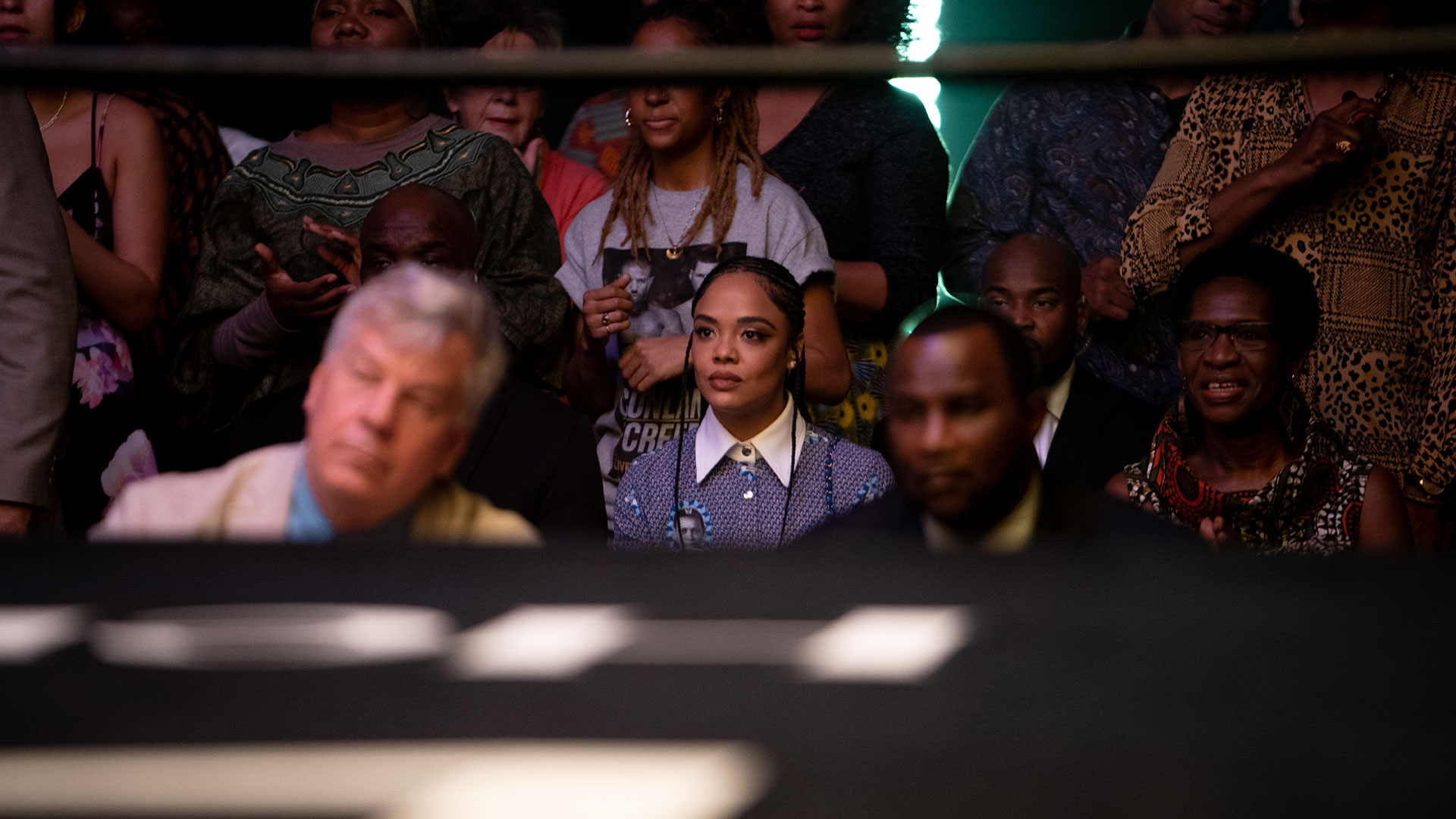
Total Film: Where does Creed 3 find Bianca in life?
Tessa Thompson: You know, we find her sort of like we find Adonis. She’s retired in some ways. I mean, she’s still very much making music and has been performing. I think she is doing the thing that I feel like many of us have been tasked with, certainly during the height of the pandemic, which is: "Who am I outside of what I do, and who I am in relation to family?" But I think the things that the audiences have responded to in Bianca throughout the course of the franchise, still remain about her. She continues to be a force in Adonis’ life, and challenges him to be the best version of himself, while also maintaining her own autonomy and hopes and dreams.
Presumably you wouldn’t play Bianca if she was simply there to accommodate Adonis’ journey?
Bringing all the latest movie news, features, and reviews to your inbox
Yeah. I mean, that’s something I’ve always… I wouldn’t say I pushed for it, because it hasn’t been something I’ve had to push. From the inception of these films, that was so important to Ryan Coogler. You know, Bianca is dealing with her own struggles, and having her own dreams. It’s always felt really important that she is a woman that, yes, in a sports movie, does all the things that you need the female counterpart to do – to be at his side in the ring. But that she also, meanwhile, has her own life and world, and that feels rich enough that it could occupy its own film. I think the struggle is always the thing of navigating how much page space you have, and how much you can dedicate the narrative to it. But I feel that she has always been at the heart of these films, because the films are so much about family. What’s been so nice is that I get to collaborate with folks who really want to do justice to the character, and to continue to have me be really involved in the development process, and also in the rewriting process of finding her own voice, and making sure that any time she’s on screen, it matters.
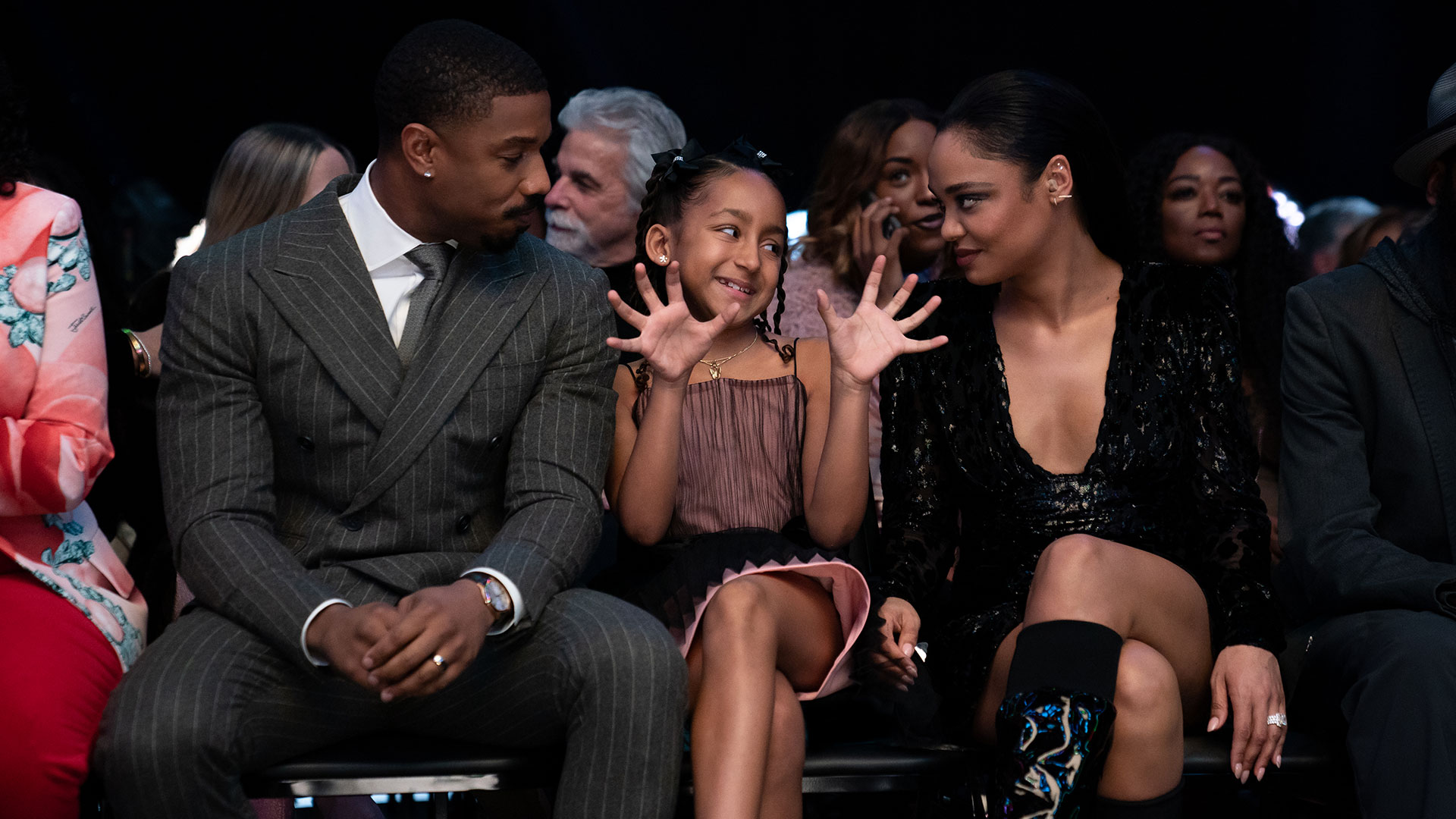
Adonis and Bianca are at a point in their lives where they’re living in luxury. It’s easy to lose your hunger. How do keep the fire in your belly as success rolls over you?
I think the thing you find – and Michael is a living, breathing testament to this – is that it can take such a long time to, quote unquote, "arrive". To sustain that, you have to continue to arrive in new places. Like, Mike’s been working at this since he was, what, nine years old? So directing now feels like the culmination of everything that he’s ever done. But if he wants to make another movie, there’s another mountain to climb after this. It’s a business that, for better or worse, keeps you hungry. You sort of get to one stage, and then you have to sustain that.
For me, what sustains it is that I have a really voracious curiosity. I think it’s one of the reasons why I really like this business. There’s only, like, five stories to tell, and then you think about the specificity of how you tell that story, and who gets to tell it, and from what perspective, and then there’s endless, limitless stories.
Is that where your production company comes in?
I started Viva Maude. That’s been such an incredible process – and also humbling, because, in a way, it’s like starting over. I’m learning so many new things that I never had to do as just as an actor. It’s a very luxurious position to just get the call time and show up. Now I’m trying to build something from the ground up, and find the money to turn the lights on. It’s a whole different ball game. I think what I’m really interested in is telling stories. And the truth is, sometimes those stories that have rarely been told, are the hardest to make. So I think that keeps me hungry, and keeps me happy.
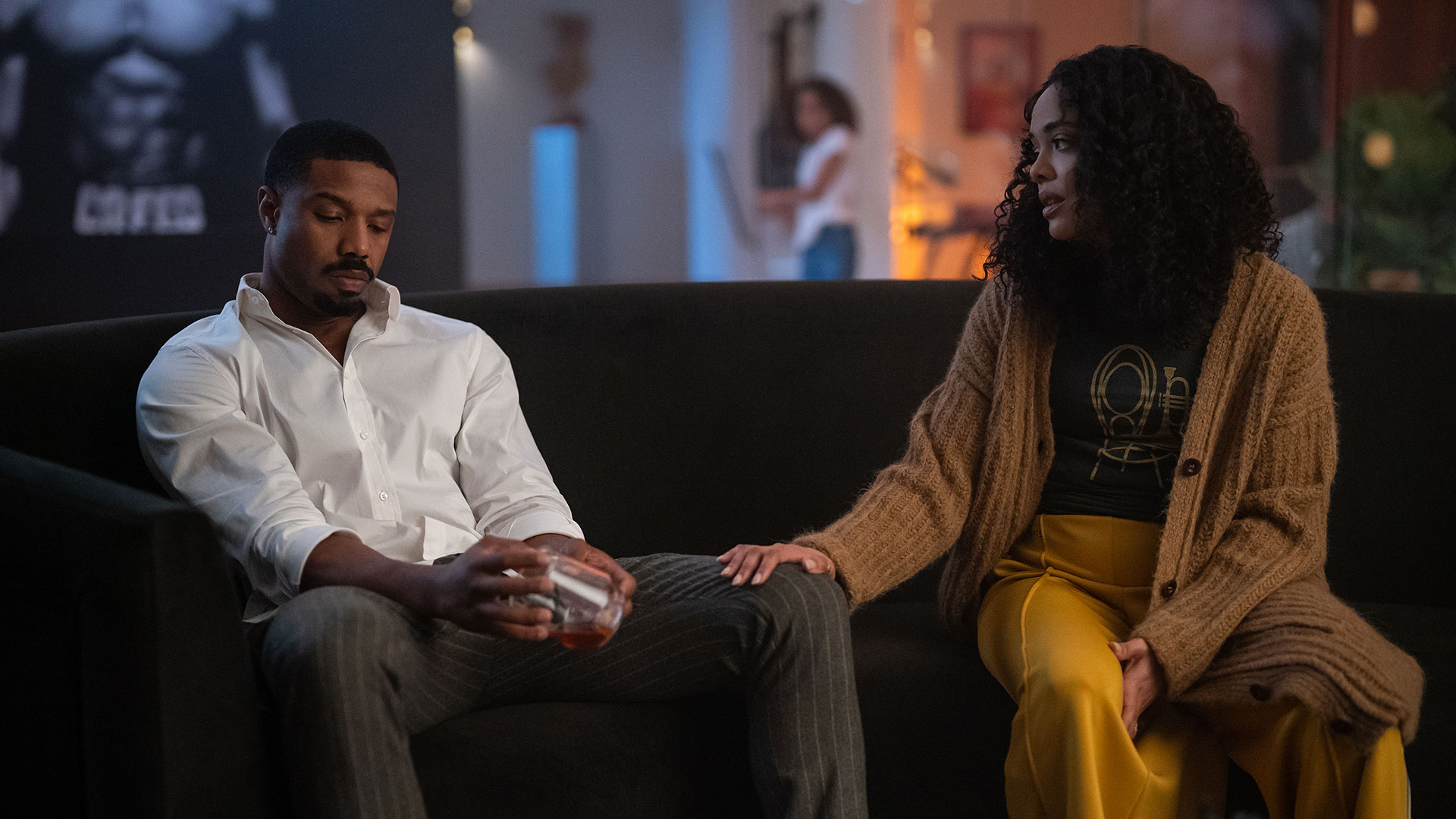
Do you have a preference out of the tent-pole movies or smaller character pieces?
No, I don’t. I think fundamentally what I’m trying to do on all those things is the same, which is, you know, tell some kind of truth that reflects our experience, and connect to people. What I love about movies and television and the stories that we tell is that they always make me – me, as the consumer – they make me feel less alone, you know? There’s something comforting about seeing some part of your human experience – even if it’s totally silly – reflected onscreen. That’s what I like to do, and that’s what I try to offer audiences with my work. To me, it doesn’t matter, really, the scale. I’m just really lucky that I get to do both. And I really think that sometimes there’s this binary between things that are really interesting and compelling and complicated, and things that are commercial. I really don’t believe that they’re mutually exclusive. I think you can make something appeal to a wide audience, and also it’s challenging us, and changing our perceptions, and is complicated and interesting.
Representation is a hugely important part of Creed…
I don’t think that representation should ever feel like a chore. It’s just that when it’s time to tell a true story about the world that we exist in, there’s all kinds of people. So I feel really excited about [Creed 3, and] Mila Davis-Kent. First of all, it’s just a tremendous performance. But it also means that we have representation in our film that’s so sorely missed. There’s a whole community of people that are going to feel seen in the context of our film in a way that they didn’t. And frankly, that they couldn’t with me, as a hearing actor playing that part. I could never have told the story in the way that Mila gets to, because she’s a part of that community.
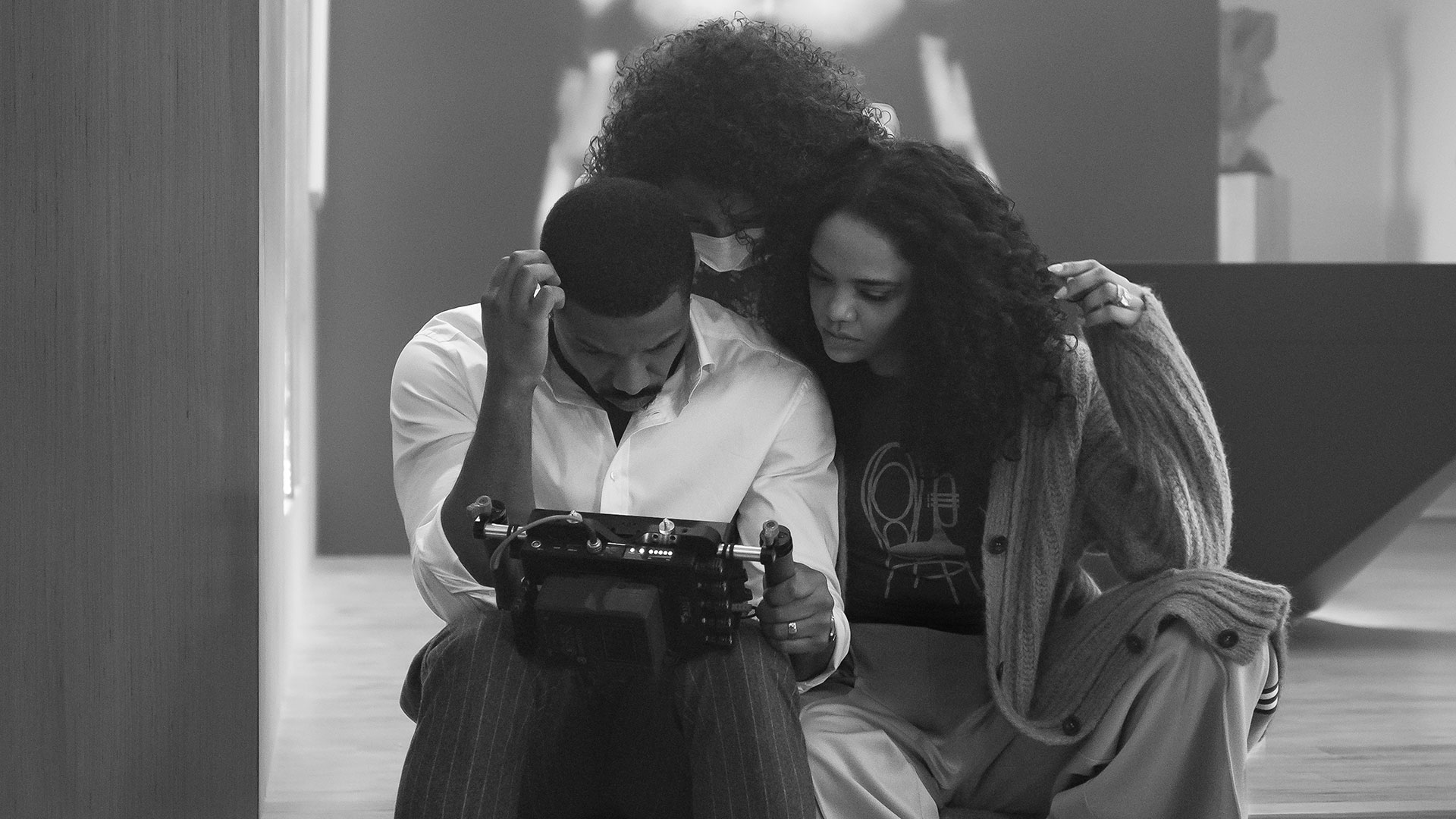
Final question. So many of your characters – Bianca included – are cool and confident. Are you like that in real life?
[Laughs] That’s such a funny question. No, I don’t think so. At all. I think the truth is, I like playing those certain characters. Like, Bianca is way cooler than me, in the sense that she really is her own person. She really doesn’t care… Like, when you first see her in that first movie, she does not care what the neighbour thinks about her. She doesn’t care what anybody thinks about her. She can so quickly tell her truth, and tell where she’s coming from. That was a direct response to… Ryan saw a girl on the train in Philadelphia, wearing a really simple hoodie, nothing fancy, and she looked so cool. He asked her, "Can I take a picture of you? I’m working on this film." He wanted to capture her spirit. The way that she stared directly into the camera without an inch of caring – there’s something about the look in her eyes that is so confident, so self-assured, so firmly planted.
And that was the person that we were always chasing. And I’m not that cool [laughs]. I still have a hard time looking right down the lens when someone takes a picture, you know?
Creed 3 opens in cinemas on March 3. For more on other upcoming movies, check out our round-up of 2023 movie release dates.
Jamie Graham is the Editor-at-Large of Total Film magazine. You'll likely find them around these parts reviewing the biggest films on the planet and speaking to some of the biggest stars in the business – that's just what Jamie does. Jamie has also written for outlets like SFX and the Sunday Times Culture, and appeared on podcasts exploring the wondrous worlds of occult and horror.
- Matt MaytumEditor, Total Film


